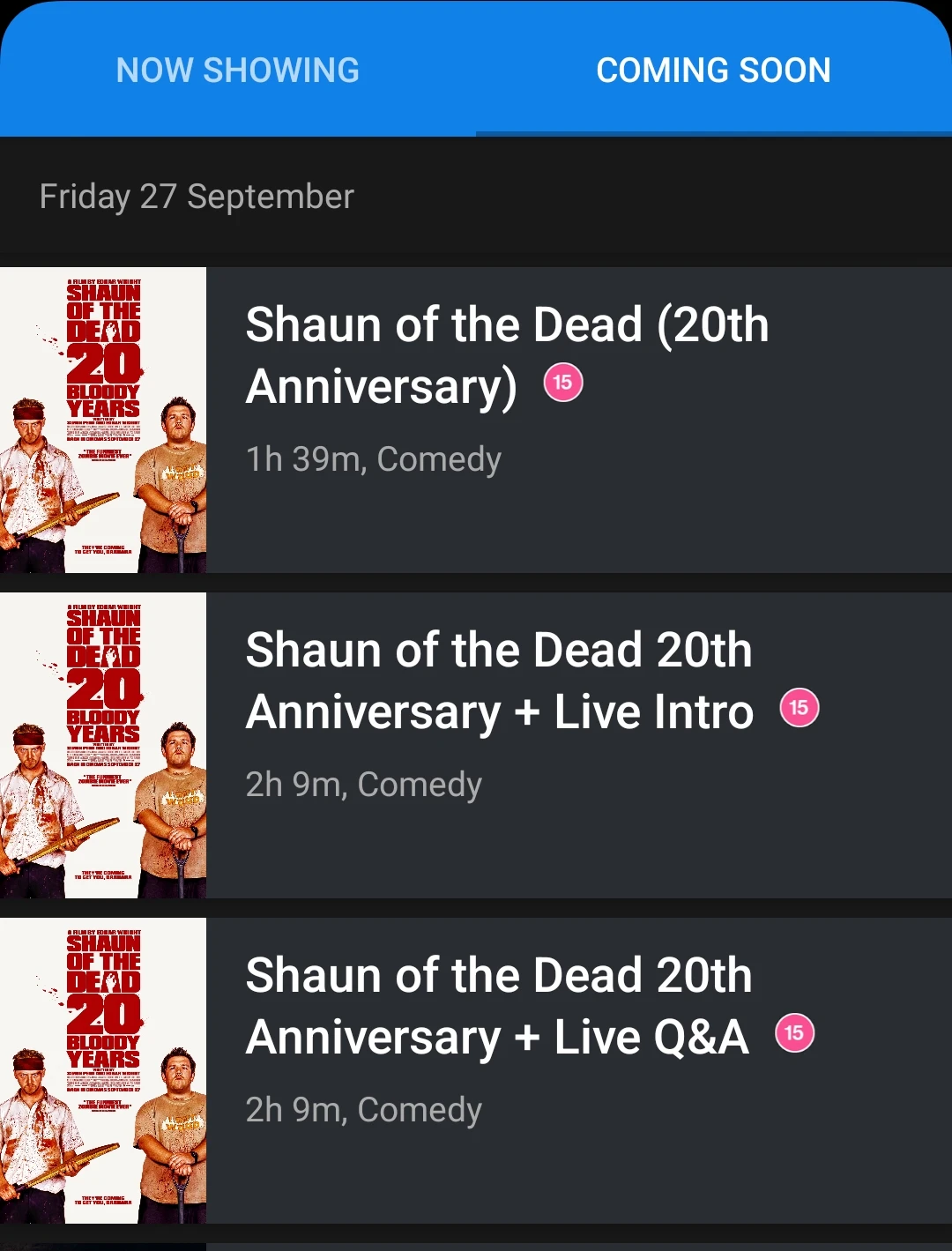cross-posted from: https://feddit.uk/post/19488160
Fans of Peter Cushing are in for a Halloween treat, with the iconic Frankenstein star the latest to be resurrected by AI.
In Hammer: Heroes, Legends and Monsters, a Sky doc airing in two days’ time, viewers will be treated to a “powerful and poignant reveal of Hammer royalty,” Sky said, with what is being described as a “special homage” to Cushing.
Cushing, who died in 1994, played Doctor Van Helsing in five Dracula films and Baron Frankenstein in six movies from that franchise. He will be the latest celebrity given the AI resurrection treatment.
...
Narrated by Charles Dance, the doc is celebrating Hammer Films‘ 90th birthday and will track its progression from a back office in London’s Regent Street to its iconic status within the horror film genre. We first revealed news of the doc in August.
...
This isn’t the first time Cushing has been resurrected. His likeness was revived as Grand Moff Tarkin for 2016’s Rogue One: A Star Wars Story and a high court legal battle over the use of the image was recently ruled by a judge to go to trial.
Ben Field, who runs Deep Fusion, said the Hammer doc resurrection has secured all necessary permissions. The decision to resurrect Cushing is “tied to his significance to the Hammer legacy,” he added. “As a figure central to Hammer’s success, Cushing’s presence is crucial to telling the story authentically,” he added. “His work, particularly alongside Christopher Lee, was instrumental in shaping the brand and legacy of Hammer Films. Including him allows the project to honor the spirit and impact he had on the studio and its fans, creating a connection between the past and this new exploration.”
The use of deepfake technology has been approached with “great care,” Field added. “The team’s intent is not to manipulate or sensationalize but to use technology as a tool to bring audiences closer to the history of Hammer Films in an engaging and reverent manner.”
Hammer: Heroes, Legends and Monsters will follow other influential figures from the horror genre such as Lee. Tim Burton, John Carpenter, Joe Dante and John Logan will also feature. Through a series of fateful turns, the film will reveal how Hammer’s distinct visual style and storytelling continue to shape modern horror and inspire filmmakers around the world.
